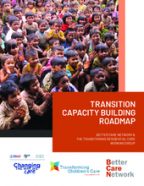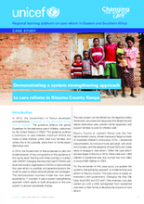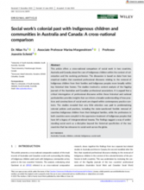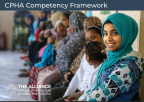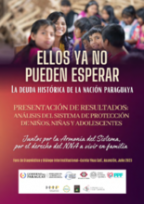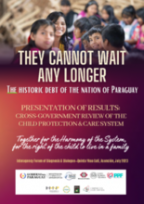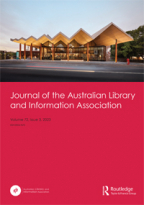Transforming Care: Individual Social Work in Post-Conflict Zones for Children and Youth
The significance of efficient social service provision has gained increased attention in war-affected regions following the Russia-Ukraine war conflict. The conventional method of establishing social services is currently facing criticism due to an increasing acknowledgment of the advantages associated with tailored and customised social work interventions, particularly in the context of children and young individuals.

